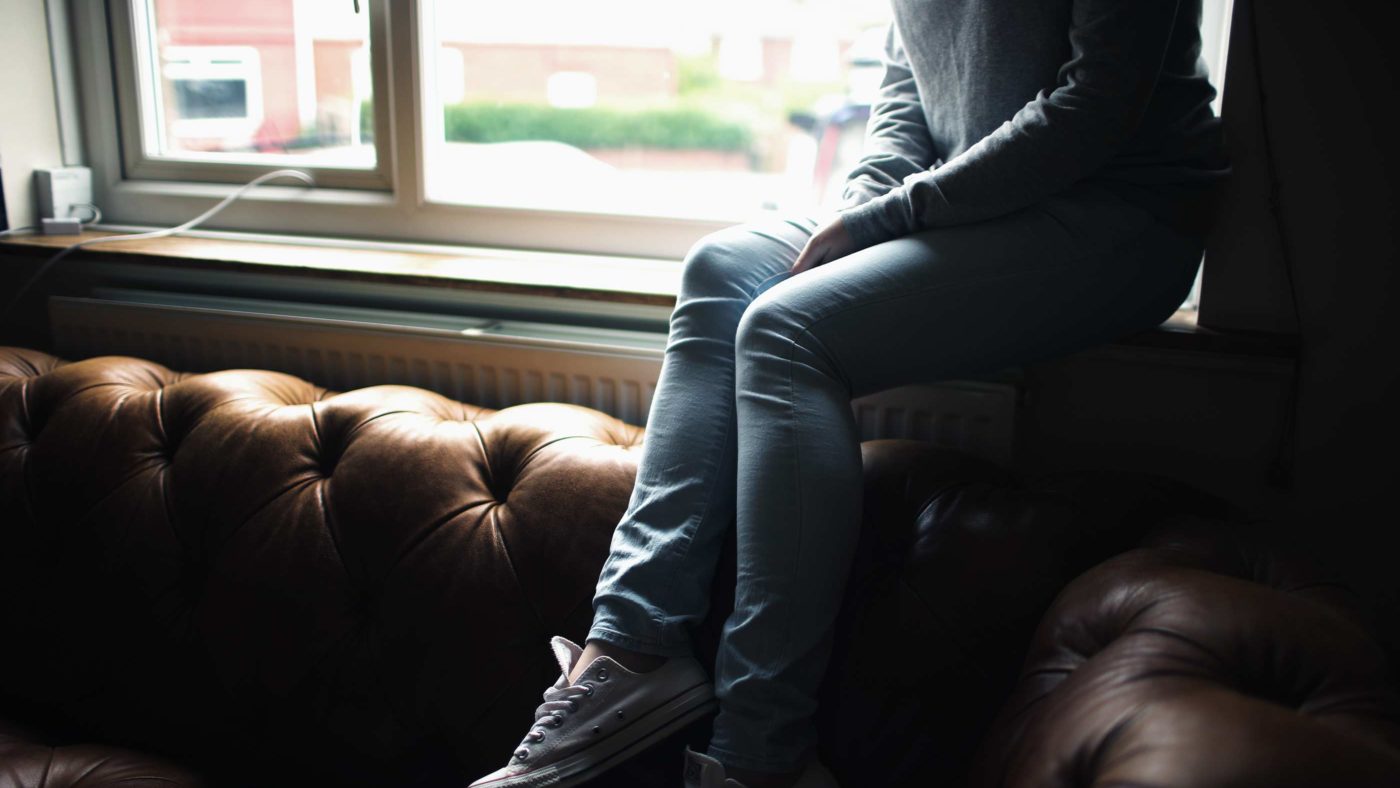Many years after Rotherham and Rochdale, the British authorities are still failing to address the industrial-scale sexual exploitation of children. That is the grim reality exposed by the latest report published by the Independent Inquiry into Child Sexual Abuse (IICSA).
Having investigated child sexual abuse by organised networks in six areas – Tower Hamlets in London, Bristol, Swansea, Durham, St Helens and Warwickshire – the IICSA has warned that police forces and local councils are continuing to fail to properly identify and investigate child grooming gangs. The inquiry concluded that officials often denied the true scale of the problem and judged it was ‘on the wane’. There remain, the authors say, ‘extensive failures’ in how the authorities tackle child sexual abuse.
This is anything but a new story. Over the years, cases of group-based child sexual abuse have been fundamentally mismanaged by both local councils and police forces.
The most glaring example of this failure is the closing down of Operation Augusta. An independent review published in January 2020 concluded that dozens of teenage girls thought to have been groomed and sexually abused in Manchester by groups of Pakistani-origin men were failed because police and officials feared that an in-depth investigation would destabilise race relations in the city. The report suggested that Greater Manchester Police (GMP) and Manchester City Council essentially sidelined an investigation – Operation Augusta – due to ‘sensitive community issues’ and concerns over the risk of inciting ‘racial hatred’.
Operation Augusta was originally set up in 2004 after the death of 15-year-old Victoria Agoglia. She died from a suspected overdose soon after she alerted authorities to her experience of abuse. The Augusta team subsequently identified at least 57 victims – mainly white girls aged 12-16 – and some 97 potential suspects across the Greater Manchester region. However, senior officers at Greater Manchester Police (GMP) starved the investigation of resources, before shutting it down completely with the support of Manchester City Council. Only three people were convicted in court.
The report suggested GMP police officers did not want to be seen ‘targeting another minority group’, after it had previously dealt with cases involving members of the Kurdish-origin population. The shutting down of Operation Augusta epitomises how public institutions can prioritise a misplaced sense of political correctness over the safety of incredibly vulnerable children.
Remarkably, none of the institutions examined by the IICSA collected data on the ethnic background of victims and perpetrators, even though – as the report points out – the ‘inclusion of ethnicity in problem profiles would enhance the effectiveness of prevention and detection by the police’. With several high-profile cases of child sexual exploitation involving groups of men from Pakistani-origin communities sexually abusing mostly white British girls, this will only heighten the sense that the authorities have their priorities all wrong on this issue.
So, how do we move forwards?
Ultimately, it’s down to politicians to lead from the front. Firstly, Home Secretary Priti Patel should instruct all police forces and local councils to collect specific data – disaggregated by socio-demographic characteristics such as ethnicity and sex – for all cases of known or suspected child sexual exploitation. These data collection processes should be rigorously monitored by a government agency which directly reports to the Home Secretary, with public authorities having to issue official explanations for cases of ‘missing data’. No Conservative government should tolerate the virus of politically-correct identitarianism which courses through our law-and-order institutions and endangers the safety of the most vulnerable.
The IICSA has also expressed ‘serious concern’ about the number of at-risk children in unsupervised, unregulated accommodation. Some unregulated placements can provide positive support to 16 and 17-year-olds in becoming independent. However, these placements can be in temporary or isolated settings such as mobile homes, barges, caravans, hostels and even tents. The level of supervision in such settings can vary and support can be limited at best, increasing the vulnerability and exposure of socially isolated children to group-based sexual exploitation and abuse.
The IICSA recommends that the Department for Education should ban the placement in semi-independent and independent settings of children who have experienced, or are at heightened risk of experiencing, sexual exploitation. This should be treated as a public policy priority for Education Secretary Nadhim Zahawi, and the ban ought to be implemented without further delay.
A high proportion of the cases investigated in the IICSA report involve children with disabilities. In the cases the inquiry looked at, more than one in three sexually-exploited children had complex disabilities or neurodevelopmental disorders. Again, these are risk factors which have been known for some time. Back in 2016, research funded by the Home Office suggested that children with disabilities in all settings are at a high risk of sexual violence and that some factors, such as limited understanding of social cues and general isolation, make them more vulnerable to grooming and exploitation.
Children who are deaf or have a physical disability are considered to be three times more likely to experience abuse than those without a disability. Local councils and police forces should tighten their risk assessment procedures to reflect this reality.
One of the markers of a truly civilised society is the extent to which its public institutions prioritise the safety of its most vulnerable citizens. But when it comes to tackling child sexual exploitation, Britain is failing miserably. A toxic mixture of radical identity politics and victim-blaming tendencies among irresponsible officials has left vulnerable children – many of whom have experienced family breakdown, parental neglect and domestic violence – exposed to systematic sexual abuse and exploitation.
This report must not be brushed under the carpet – it should be treated as a serious wake-up call. Britain has to get to grips with its grooming epidemic.
Click here to subscribe to our daily briefing – the best pieces from CapX and across the web.
CapX depends on the generosity of its readers. If you value what we do, please consider making a donation.


